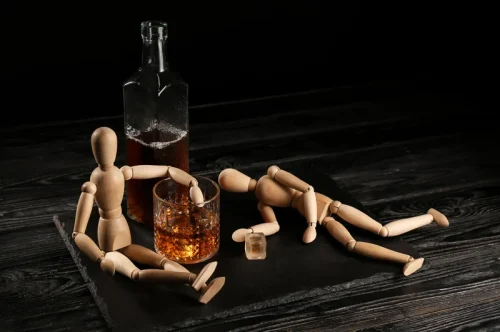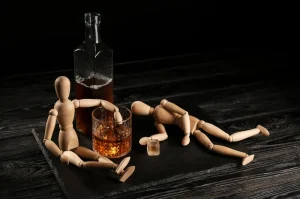
A person at this stage will exhibit symptoms of intoxication that will be glaringly obvious to when does the process of intoxication begin? others. If the negative consequences of drinking are affecting your life, there is hope and help available. Reaching the Stupor Stage can be very dangerous and even fatal for a person. At this stage, 1 out of every 400 milliliters of blood in the body is alcohol.

Stage 4: Haze
The amygdala, which is the brain’s stress system, becomes active. This stage starts in an area of the brain called the basal ganglia. It involves an intense rush of pleasure as the drugs activate the brain’s dopamine system. This stage is not generally calculated because there is no proof that there is enough alcohol in the bloodstream to have noticeable effects.

Why Should We Be Concerned About AUD and Alcohol Addiction?

Partial hospitalization programs (PHPs) provide similar services to inpatient programs. Services include medical care, behavioral therapy, and support groups, along with other customized therapies. Scaling these risky BAC thresholds is not as difficult as some might think. Because it takes time for alcohol to have an effect on the body, consuming the large amounts required to reach these BAC levels can occur while the person is still reasonably sober.

The Effects of Alcohol

This can lead to a downward cycle of adverse marijuana addiction health, financial, social, and legal issues. The more frequently you drink, the greater the risk of unwanted and unexpected consequences. At this stage, those around the individual will likely notice that they are visibly intoxicated.
- Our body breaks ethanol down at a rate of around 15 mg/dL per hour.
- A doctor diagnoses alcohol intoxication with a blood alcohol check.
- This higher water content dilutes alcohol, leading to a lower Blood Alcohol Concentration (BAC) in men for the same amount of alcohol consumed.
Possible Complications of Alcohol Intoxication
- It’s different from poisonings or overdoses, which are life-threatening.
- Gender, ethnicity, and mental disorders may also influence the risk for drug addiction.
- Poisonings and overdose (severe intoxication) require immediate medical attention.
These programs typically last 30, 60, or 90 days, sometimes longer. After this, if the person still needs care, they will require a different type of program such as a longer term residential program. The state of intoxication is the blurry in-between of your normal functioning and substance poisoning or overdose. Always practice safety precautions when using substances and know your limits.
- So, it can cause both physical symptoms and mental/behavioral symptoms.
- Scaling these risky BAC thresholds is not as difficult as some might think.
- The symptoms of intoxication overlap with several other medical conditions.
- For outpatient treatment to be effective, the person needs to have a stable home situation that is supportive of recovery.
- This information is not intended to create, and receipt or viewing does not constitute, a doctor-patient relationship.
- By definition, the combination of time and stopping the use of the substance is the main way to “treat” intoxication.
